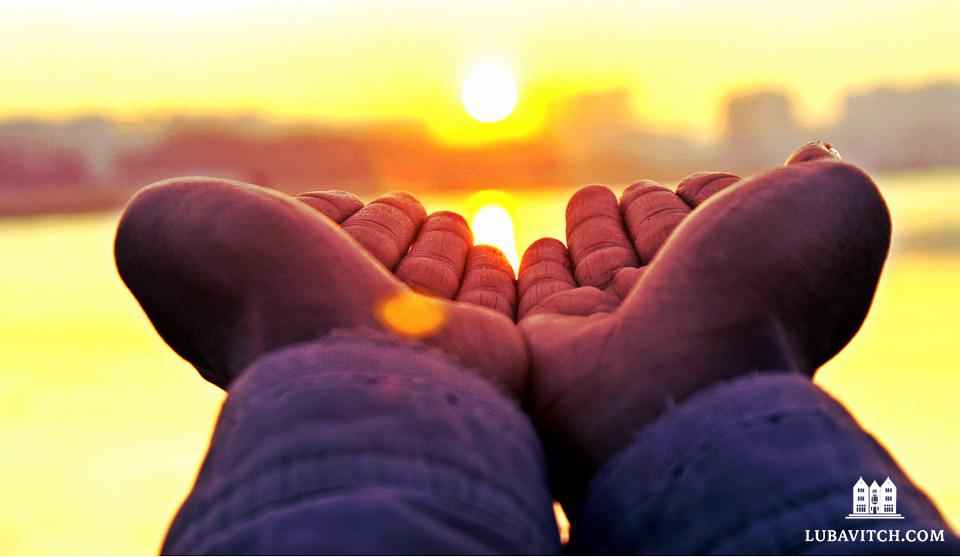Dear Sarah,
We live and work in New York City, in one of the most prosperous zipcodes of the country. Our kids attend good schools, have their days full of after-school lessons and sports that allow them to follow their passions and develop their talents, and they go to wonderful summer camps. When they are lagging behind academically, we hire tutors to help them succeed. Our children’s lives are busy, fun and interesting.
While I am happy that my kids’ lives are satisfying, I also recognize that they have a sense of entitlement about what they have or want, and their expectations have grown as they get older and learn from friends what others have or what they are doing. They express gratitude towards us when we take them on a trip, but they take their quality of life as standard. I worry that they don’t seem to have compassion for people who are not able to experience or do the same things they do.
I am concerned about what kind of people are we raising, and I want to reverse this shift in our family that is making our children self-absorbed and entitled. How do we not spoil them? How do you teach children who “have it all” to appreciate what they have? How do we teach them to be aware that others are not in the same place as them, and be compassionate to others less fortunate than them?
Grateful-But-Frustrated

Dear Grateful,
Being truly grateful is one of the best ways to bring joy into your life. So it sounds like you already have this part down: you are aware of your blessings and deeply appreciative of them, and you want to make sure that your kids feel the same way.
True confession: One of my biggest challenges as a mom is Amazon Prime. My eight-year-old knows she can get her latest obsession delivered to our door in one day, and this feeds her desire for the latest Lego set to be purchased immediately. She begs and cajoles until I relent and give her a counteroffer of several conditions that need to be met before she gets the new set: homework done quickly, in bed before 9, waking up at 7. She fulfills the conditions I set for her with alacrity, and I soon find myself plunking down $37.99 for the latest model of her heart’s desire. Within a day or two, it’s landed home-side and she’s busy building for the next three days – at which point, she is ready for the next thing.
We have decided to take a break from Amazon. We also established that she needs to pack up the Lego she is no longer using, and we will give it to someone who would appreciate playing with it. She filled up a big box with Lego for a boy who was hospitalized for a month.
For her to do so willingly, she needed to feel grateful that she had so much Lego and compassion to share her Lego with another child.
Where gratitude lives, compassion will follow. Our children will want to help those who don’t have what they have been blessed with when they develop an appreciation for what they have.
One way we can teach our children to be grateful is by modeling for them what it means to be thankful for what we have by focusing on what’s truly important. The less we focus on the outer trappings and the more on the inner workings, the less priority we give to our “stuff” and it sends a message to our children of what we really value.
They will learn to appreciate the intangibles that make our lives rich with meaning when we show them that we thrive on being a part of a community, we look for purpose in our lives, and we focus on our connection to G-d.
When we view prosperity as a powerful vehicle for good, then our children will see that the reason we work hard to be successful is to effect change and help others. And when we learn about others’ generosity, we should bring it to our children’s attention, and show that we honor and value those who take care of others.
We also need to recognize that G-d chose to put us in our particular environment, (in your case, a pretty cushy one.) He gave us our unique gifts and talents because He expects us to use them well as we travel on our particular life path. Knowing that we are exactly where we are supposed to be, can help us be grateful for our opportunities we have and see them as part of our personal life mission.
If you are blessed with the means to give your children a good education, develop their talents and expose them to experiences that broaden their minds, let them know that you are providing them with powerful tools to bring about positive change, even now as children, and certainly when they grow up.
We see these two ideas of gratitude and personal responsibility in a simple prayer, said every morning upon rising. We say the Modeh Ani: “I am grateful before You, living and eternal King, who has returned my precious soul to me; Your faith in me is great.”
We express gratitude for the return of our soul. Modeh Ani can serve as a reminder for us to start our day remembering what is really important, the things we have that are on the soul-level: G-d, family, purpose, joy, wisdom, community, connection.
Modeh Ani also tells us that every morning, G-d renews his trust in us to embrace each day and do what needs to get done; that He knows that we have it in us to accomplish our personal mission. He has given us the tools and put us precisely where He wants us to be to do our part to make a difference in our world.
Try saying the Modeh Ani with your children every morning. Remind them that you are grateful for all you have, but especially the intangibles that you cannot put a price tag on; and that you know that G-d trusts you will do the best you can with the gifts you have been given.
It’s amazing how one tiny prayer can hold so many truths.
Chabad representative of the West Side Family Programs, Sarah Alevsky is director of the Hebrew School and Kivun, a Jewish after-school program for children attending Harlem Hebrew.

Be the first to write a comment.